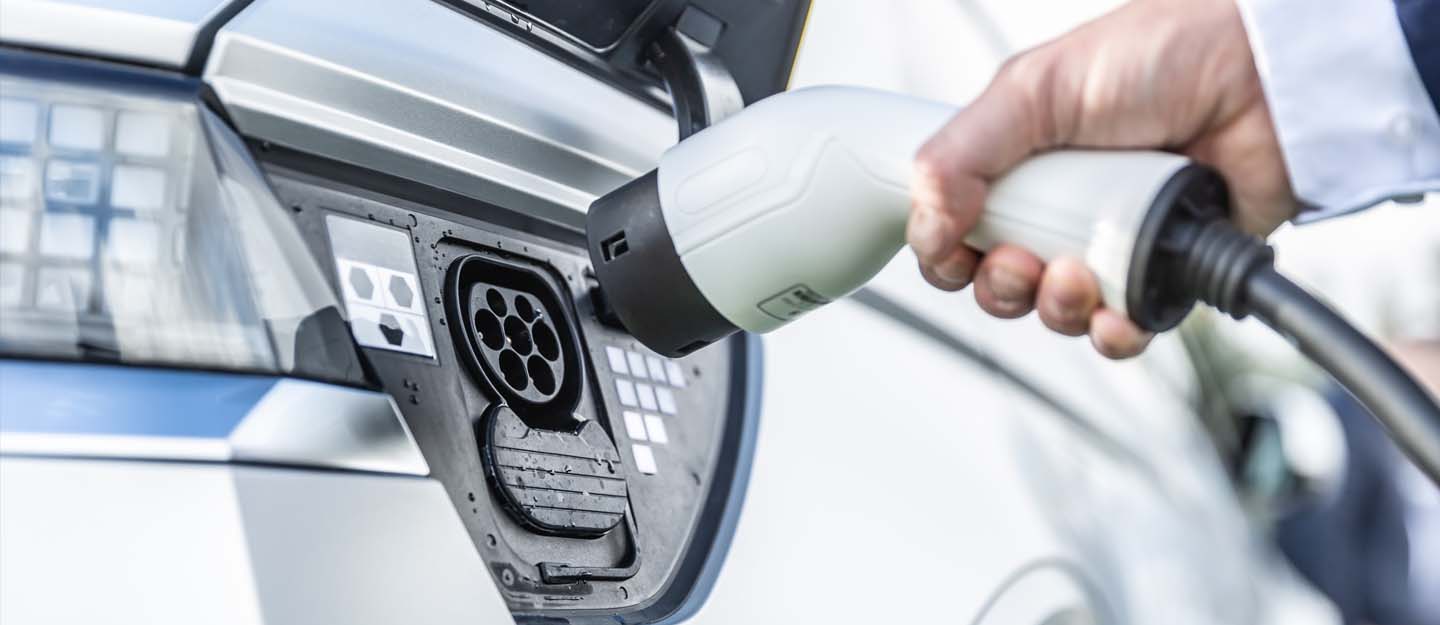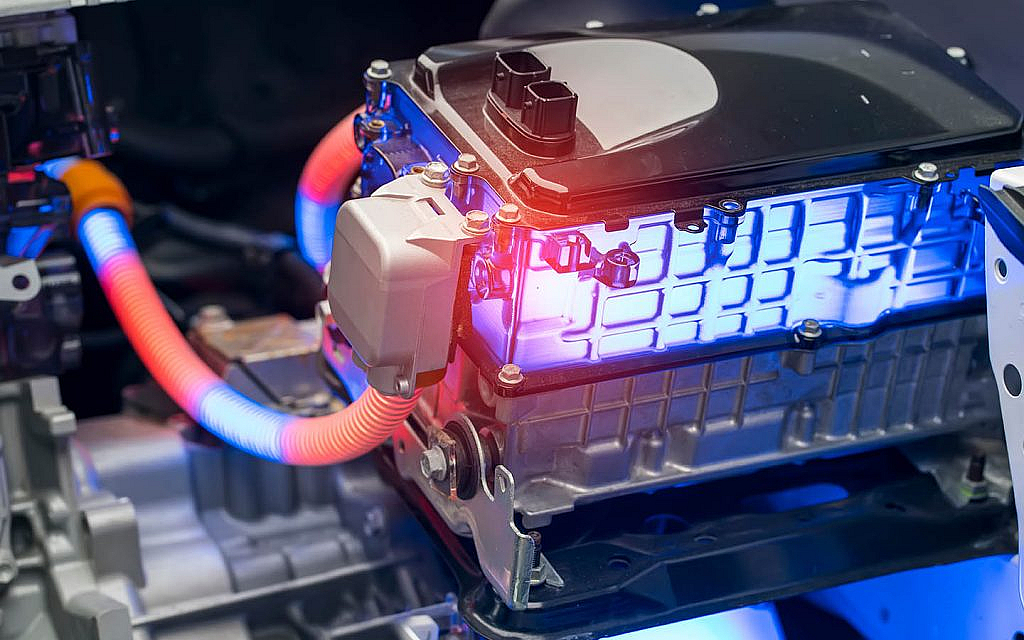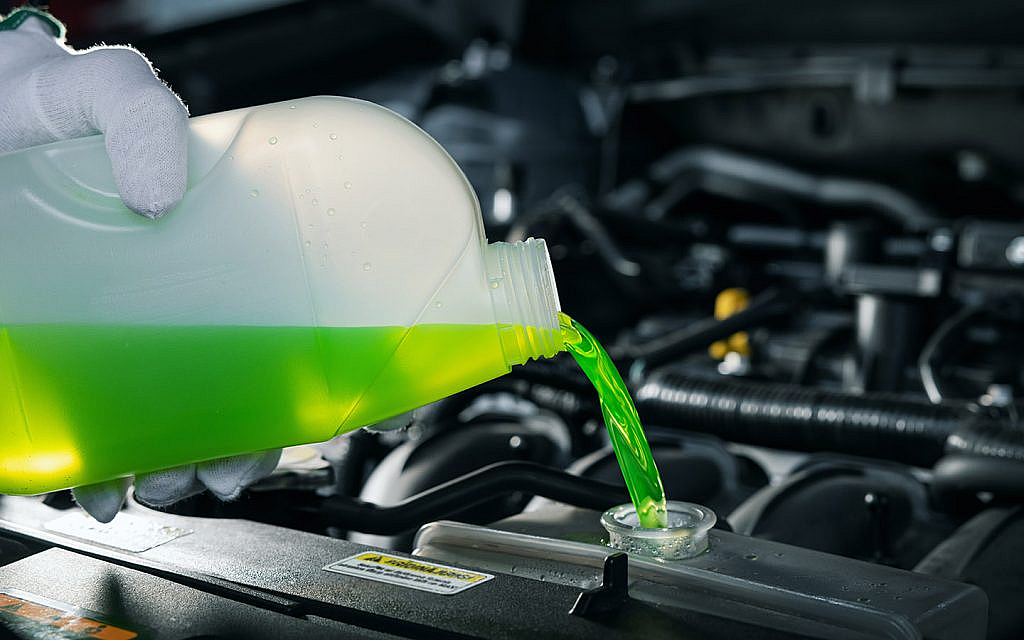
- Coolant in EVs
- Type of EV Coolant
- EV Coolant Replacement
- FAQs
In recent decades, Electric Vehicles (EVs) have stormed the automobile industry, revolutionising the future of mobility. The unconventional electric engine helps eliminate several auto parts that require regular maintenance. However, one thing that is still common in conventional and electric vehicles is the usage of coolant. In conventional vehicles, coolant is required to regulate the temperature, whereas, in EVs, it serves other purposes.
Let’s take a closer look at why EVs use coolant and what are its impact on vehicle efficiency.
Do EVs Need Coolant?
EVs also produce heat when functioning; however, the heat is significantly lower contrary to a conventional vehicle. Electric cars have lithium-ion batteries that can produce heat. This is why a cooling system is required to cater to the heat produced by batteries, especially when driving in hot temperatures. Here are some other tips to maintain EVs in hot weather that you can leverage.
The cooling system varies from vehicle to vehicle. Some EVs use an air cooling system, which exempts the need for a coolant. Whereas others use liquid cooling systems that depend on a coolant to reduce the temperature.

Usage of coolant is necessary to maintain electric car batteries and also to ensure its maximum performance. The liquid cooling system in EVs works more or less similarly to a conventional cooling system. A series of pipes carrying coolant runs around the car battery, which maintains the temperature. The pipe eventually leads to the car radiator, where the coolant’s temperature is reduced prior to sending it back towards the battery.
Besides these cooling systems, some vehicles also have a preconditioning feature that helps in maintaining the car’s temperature.
Type of Coolant EVs Use
The heat production and requirement of coolant in EVs is lower than that of a conventional vehicle. That said, specially manufactured glycol-based coolant is used in electric vehicles. Since the heat generated is lower, a low-conductivity coolant works fine for EVs.
Despite the lower heat, coolant is one of the most important fluids electric cars still need. These fluids are used for lubricating different parts of an electric car, including steering, brakes and transmission. Similar to conventional vehicles, these fluids require regular maintenance to ensure the maximum efficiency of each auto part. However, the frequency of changing fluids varies from vehicle to vehicle and its usage.
When to Change EV Coolant
Another advantage of owning an electric car is less frequent change of coolant. EV coolants have a longer lifespan in comparison to conventional ones. Where a conventional coolant should be replaced after every 30,000 km or 24 months, EV coolant can last up to 5 years.
Some EV manufacturers rolled off cars with a lifetime serving coolant, exempting any need for coolant change. This is only possible because electric cars produce significantly less heat compared to regular cars. Despite the fact that coolants are for a lifetime, it’s better to change the battery coolant every few years to ensure maximum vehicle performance.

FAQs
Do electric cars have a cooling system?
Yes, EVs have a cooling system that regulates the heat car batteries produce. Although the heat generated is not significant, it still needs to be cooled down.
Do electric vehicles have coolant or oil?
Yes, electric cars need coolant and oil. The coolant caters to the heat generated by batteries and oil is required for different parts like steering, brakes and transmission.
Is EV coolant the same as regular coolant?
No, EVs use special coolants that are low in conductivity and are glycol-based. It is recommended not to use EVs and conventional coolants interchangeably.
How are EVs cooled?
EVs are cooled with the help of air or liquid-based cooling systems. The liquid-based cooling system runs coolant around the car battery to capture the heat. The coolant is then cooled down with the help of a radiator.
This was all about the usage of coolant in an electric car. The continuous evolution and introduction of customer-centric features are cementing the position of EVs as the future of the automobile industry. Aside from being eco-friendly, modern EVs are equipped with all the necessary features that can compete with a conventional vehicle. That said, if you are still driving an old combustion engine car, it’s time to upgrade. Browse through these used cars for sale in the UAE and pick your EV from an array of options.
Besides, if you are looking for the latest EV cars, here are some electric cars to look for in 2023.
Stay tuned to dubizzle’s auto blog to know more reasons why electric cars need cooling systems.